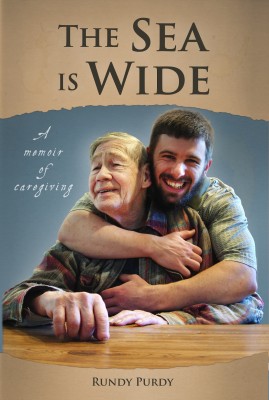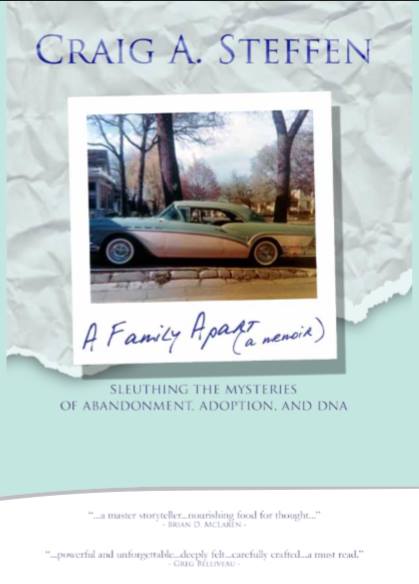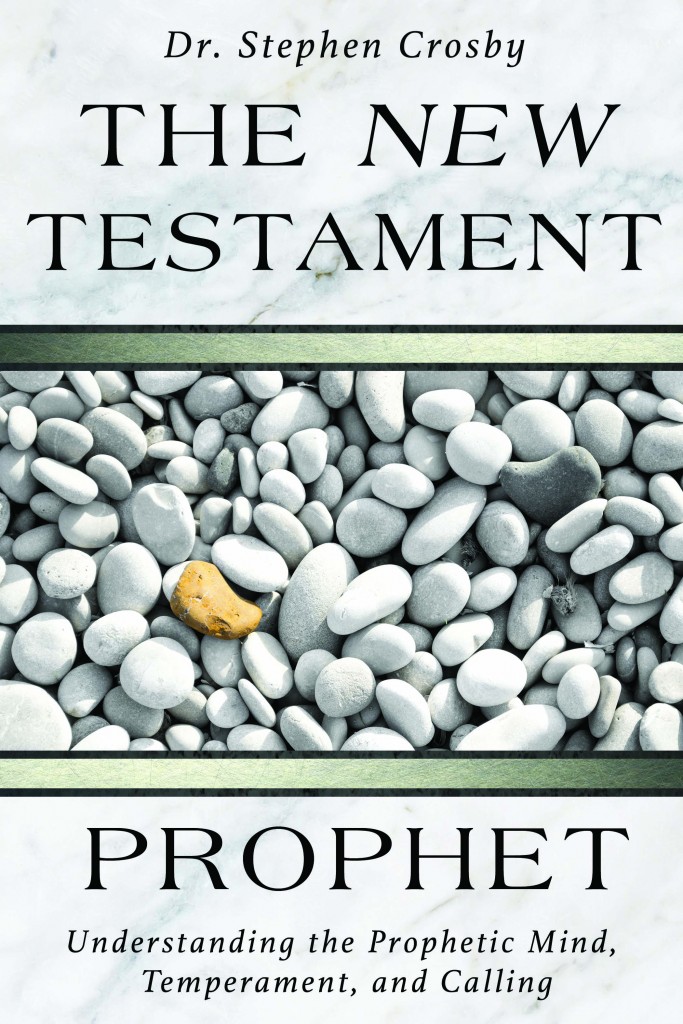Craig is a successful businessman and professor. He’s happily married, owns a couple homes, some acres in the woods, and a dog to roam the land. By all outward measures, his life is a great success.
But Craig lived with a mystery. At age 2, he and his two young siblings were abandoned by his mother, who got in the family car and drove away for parts unknown, never to return. His father was overwhelmed. Hence Craig and his siblings ended up in an orphanage, were later split up in different adoption arrangements, and lost track of one another for decades. There was a hole in Craig’s soul.
There is a crying need in the body of Christ for conversation about prophets. Most evangelicals are probably not even conscious of the prophetic function, mostly because of what Steve calls, “pastor-dominated church cultures.”
Of course, there are well-founded concerns that make people leery of the prophetic. Steve notes that in his years of experience, “I have had my hands in the metaphorical intestines of dear people who have been gutted like fish on a dock by so called prophets and apostles.” Much of what is written and spoken about the prophetic is pathetic.
Finally, someone has given us weight and wisdom concerning this subject instead of weirdness. Steve does not even get into the details of the prophetic function until later in the book. Why? Because he feels strongly that his first order of business is to lay a “grace-based, Christ-centered, new covenant community oriented” foundation, in which “the Christ-Act is the interpretive filter for every word, phrase, or thought in scripture–from Genesis 1:1 to Revelation 22:21.”
Steve’s unfolding of various key dimensions of the “newness” of the New Covenant is beautiful and amazing. This book may be about the prophet and his/her temperament, but trust me, the path he takes to get to the prophetic will open up new vistas concerning the body of Christ for you to ponder. After reading this book, I felt like I had just climbed up a to a vantage point where the Swiss Alps were spread out panoramically before my eyes.
Steve’s burden is for us to be more constrained by Christ to love one another. He notes that “most of the difficulties I have seen in individual lives, between individuals, and within churches center around failing to know and understand each other well in our differences as human beings.” While the focus usually falls on the outward gifts of a few, Steve’s observation is that “we are biblically literate, spiritually activated, but relationally dysfunctional.” After being around the block for years, he is forced to conclude that “what has been conspicuously absent has been knowing and loving each other well in Christ.” Thus, the end of the book is devoted to a consideration of how we can love one another more intentionally.
This book is a salve for what ails us. After reading it, I felt refreshed, challenged and like I had partaken of a feast of heaven’s perspectives. I trust your heart will be lifted up to Jesus as your journey intersects with what the Lord has put on Steve’s heart to share in this book.
—Jon Zens
Editor of Searching Together since 1978
Author of many books, including 58 to 0 — How Christ Leads Through the One Anothers




 Author, speaker, editor of Searching Together, itinerant encourager of relational communities.
Author, speaker, editor of Searching Together, itinerant encourager of relational communities.
Thanks for these recommendations! I have Steve’s book “How New is the New Covenant” on my stack of books to read. I’ll have to add this one as well!
I was also adopted, though at the young age of 10 months, and have never met my birth parents. The book on adoption sounds interesting.